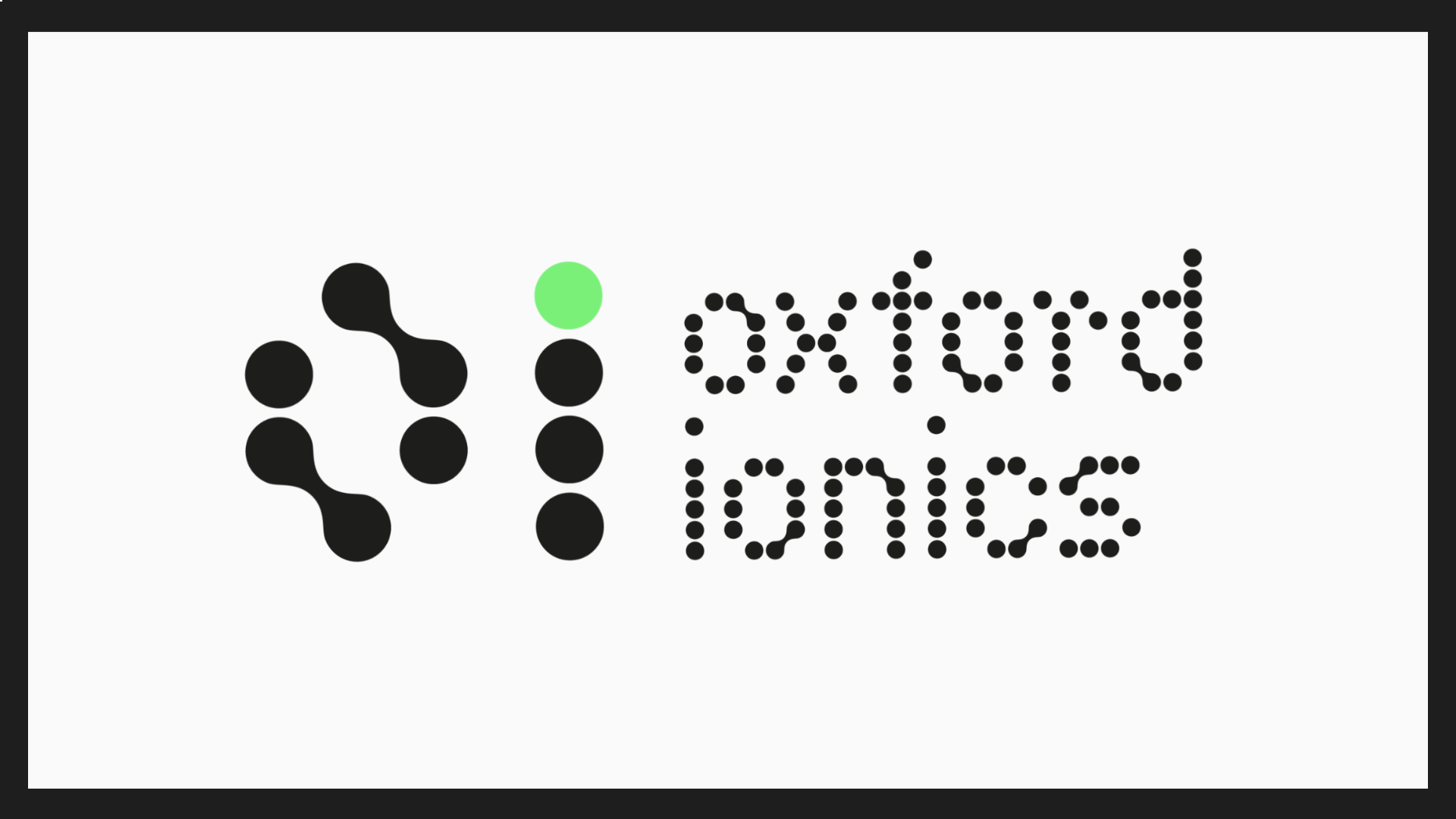Oxford Ionics, a leader in trapped-ion quantum computing, has installed its flagship quantum computer, Quartet, at the UK’s National Quantum Computing Centre (NQCC) in Harwell. This marks a significant step in the UK’s quest to become a global leader in quantum technology, accelerating and commercializing quantum applications.
The deployment is part of the NQCC’s testbed programme, supported by Innovate UK. It aims to provide a platform for research, industry collaboration, and developing applications in fields like materials science, logistics, pharmaceuticals, and national security.
The installation comes as Oxford Ionics experiences a transformative period. The company reported $20 million in commercial sales over the past year, gained notable partners such as Airbus and Germany’s Cyberagentur, and was acquired by IonQ in a $1.1 billion deal. This momentum highlights the growing commercial viability of quantum technologies.
“This delivery highlights the UK’s commitment to building sovereign quantum computing capabilities and developing commercially valuable applications,” said Dr. Chris Ballance, co-founder and CEO of Oxford Ionics. “Installing Quartet at the NQCC is a major milestone, marking progress towards a quantum-powered future. Quartet advances us towards commercially viable quantum computing, enabling us to tackle some of the world’s biggest challenges.”
Quartet is built on Oxford Ionics’ Electronic Qubit Control (EQC) technology, utilizing electronics rather than lasers to control qubits for easier scaling and integration with traditional computing. Its architecture, developed using standard semiconductor processes, aims to transition quantum from experimental prototypes to scalable commercial systems.
The system is field-upgradeable, allowing future enhancements by simply replacing the Quantum Processor Unit (QPU) without changing the surrounding hardware, enabling the NQCC to remain cutting-edge without expensive infrastructure changes.
Dr. Michael Cuthbert, Director of the NQCC, stated: “The installation of the QUARTET trapped-ion quantum computer by Oxford Ionics is pivotal for the NQCC’s quantum computing testbeds initiative. The system’s proprietary architecture is designed to address scalability challenges. We’re eager to start testing and validating it for algorithm development and new applications.”
Located at Harwell Campus in Oxfordshire, the NQCC is the UK’s national laboratory for quantum computing, serving as a hub for technology development and collaboration between government, academia, and industry. Testbed installations like Quartet are key to the centre’s mission to drive innovation and progress towards large-scale commercial deployment.
This delivery positions the UK as a significant player in the global quantum race. While major developments have been dominated by US and Chinese tech firms, initiatives like the NQCC and Oxford Ionics’ rapid commercialization demonstrate the UK’s and Europe’s ambition to build sovereign capabilities in next-generation computing.
Founded in 2019, Oxford Ionics employs around 90 specialists and is set to triple in size as it scales. Its quantum systems hold global performance records in metrics such as gate fidelity and state readout accuracy, bolstering its credibility as a leader in the field.

